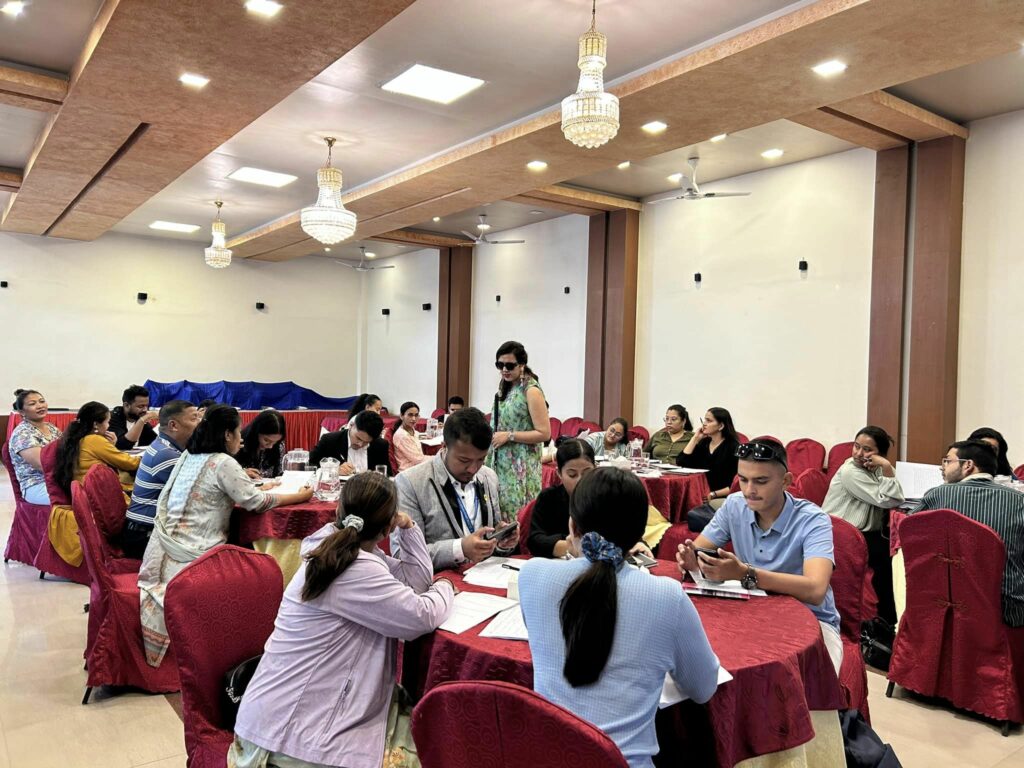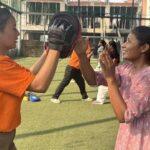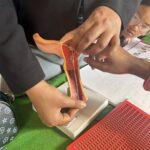
Prayatna Nepal, a self-help organization dedicated to empowering visually impaired women and girls, was established by a collective of women both with and without visual impairments. The organization's board comprises seven members, with five, including the chairperson, being visually impaired. This inclusive structure aims to foster a comprehensive understanding and collaborative effort to enhance various aspects of life for visually impaired women.
Prayatna Nepal conducted a workshop program, on 23rd July, 9th, and 23rd August 2024, at Kathmandu which commenced with an opening session facilitated by Ms. Sarita Lamichhane, Prayatna Nepal's chairperson. She introduced the organization and outlined the training objectives. Participants engaged in discussions on disability concepts, including international and national definitions, types, and severity categories. Ms. Lamichhane also elaborated on the evolution of disability models, from the Welfare Model to the current Human Rights-based model.
The workshop covered various aspects of disability inclusion, including organizational considerations, respectful language and etiquette, Community Based Inclusive Development (CBID), and relevant legal provisions and policies. Ms. Lamichhane emphasized the importance of reasonable accommodation and meaningful participation in ensuring inclusion through an interesting exercise.
Ms. Jalasa Sapkota then took over the session on understanding barriers to disability inclusion using the ACAP Framework (Attitude, Communication, Access, and Participation) and proposed ways forward. She also discussed about the Washington Group of Questions. The session encouraged participants to adopt inclusive practices and policies within their organizations.
The workshop concluded with an open discussion and feedback session. Participants expressed appreciation for the workshop and its relevance to their work. They suggested extending such training to a broader audience, including government stakeholders. Each participant committed to applying the knowledge gained in their respective roles and organizations.
From three one day DID workshops, in total 86 stakeholders from different international and national organizations participated.



